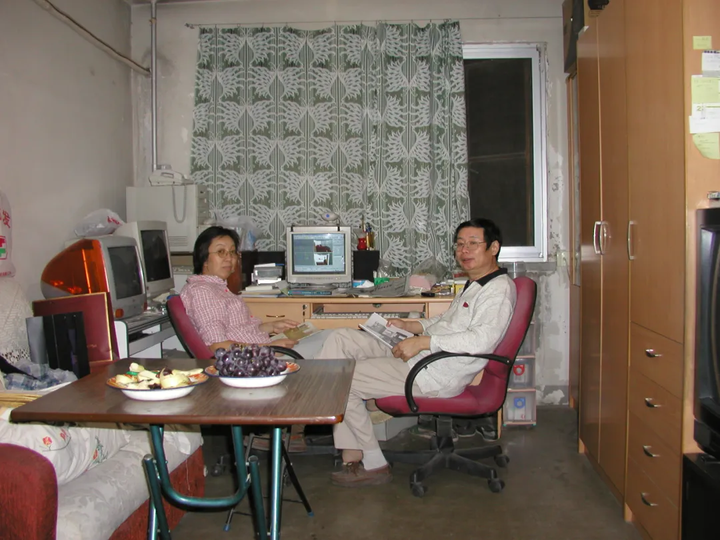From the hearts of Chinese New Zealanders: Don't think of immigration as merely taking
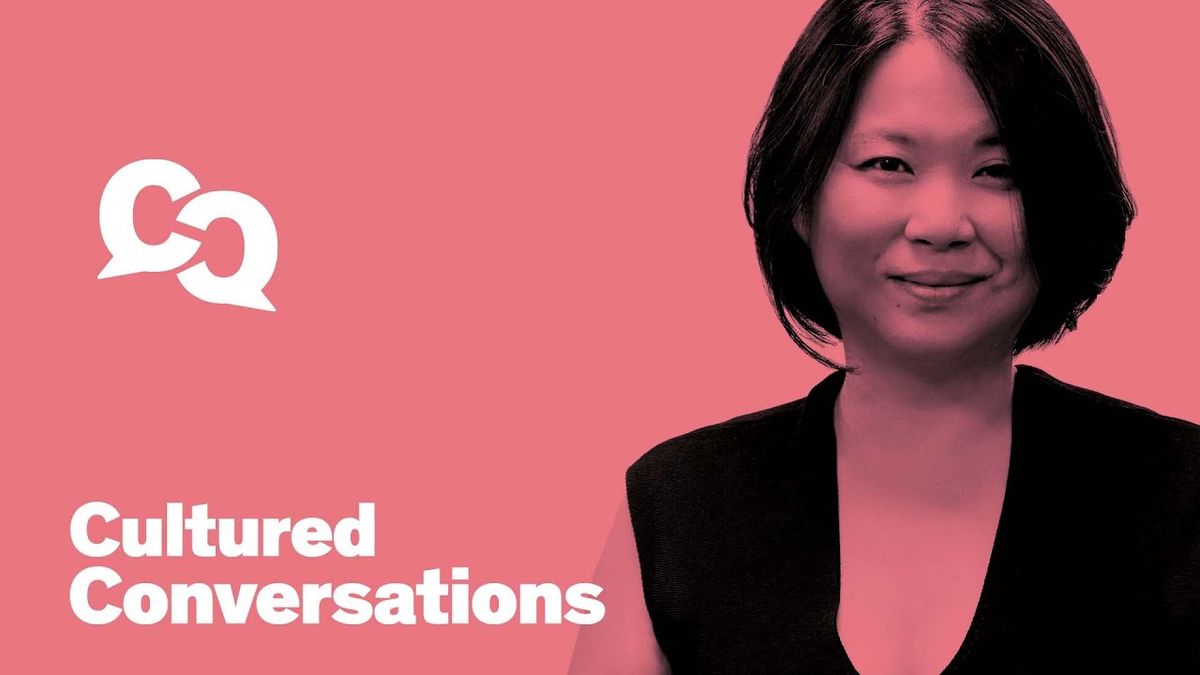
There's a cultural dialogue program at the Auckland Art Gallery called "Cultured Conversations." Through interviews with prominent leaders from various fields in New Zealand, it explores a series of "cultural collisions." In this instance, the gallery director and host, Kirsten Lacy, invited Royal Reed, a Chinese lawyer in New Zealand, to share her experiences as an Asian immigrant dealing with cross-cultural communication.
Instead of Focusing on Differences, Learn from Children Who Only See Common Ground
"When dealing with different cultures, you will undoubtedly feel the cultural differences. If we only focus on these differences, everything becomes a bit dull," says Royal. She emphasizes that cross-cultural communication shouldn't be any different from everyday conversations with people we are familiar with.
"Everyone is different, even when you communicate with someone from a so-called 'similar cultural background,' you still have different educational backgrounds, experiences, skills, and different personalities and values. These are not considered 'cultural communication barriers,' so why emphasize the concept of 'differences' in 'cross-cultural communication'?"
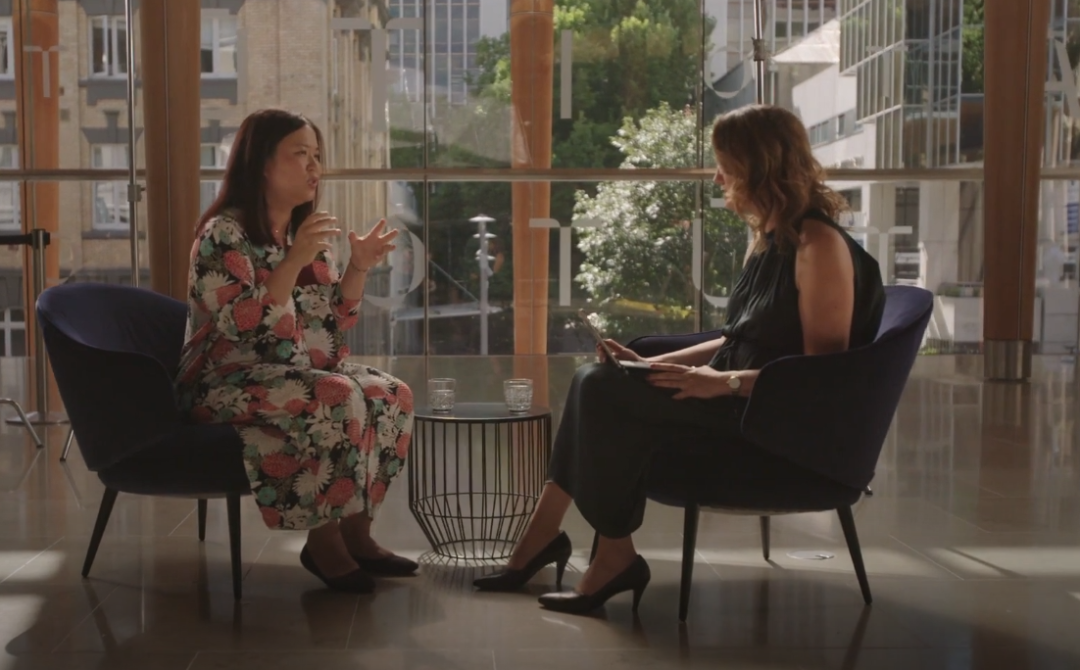
"We have different cultures, but we can also have many cultural resonances. We may be interested in similar topics or have similar hobbies."
Royal believes that the best approach to "cross-cultural communication" is to keep "differences" as an uninvited guest, or even forget about its existence. Instead, focus on finding common ground and similarities. This way, you will find that the invisible barriers gradually break down, making conversations and communication more relaxed and natural.
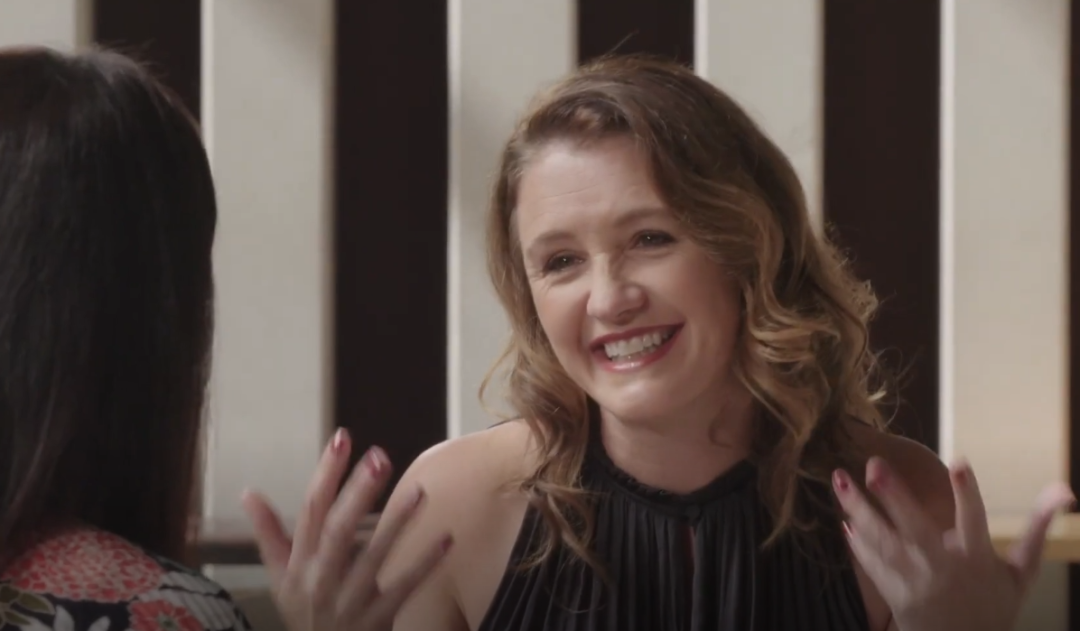
"We really should learn from children in this regard. Kids are very innocent, and you'll find children of different ethnicities often play together because they only care about the joy of playing together, without thinking about any differences between them. Why do we start caring about these differences when we grow up?"
Feeling of "I don't belong"; I've Experienced It Too
Royal also shared a series of challenges she faced when she first came to New Zealand. In her early career, she, as an Asian immigrant, faced not being accepted and often was mistaken for a server or assistant.
How to break through this situation? "I found that a common method for the younger generation of immigrants to integrate into the local culture is to hide their cultural traits. Because the way we speak, act, and even our dietary habits make us look a bit different."
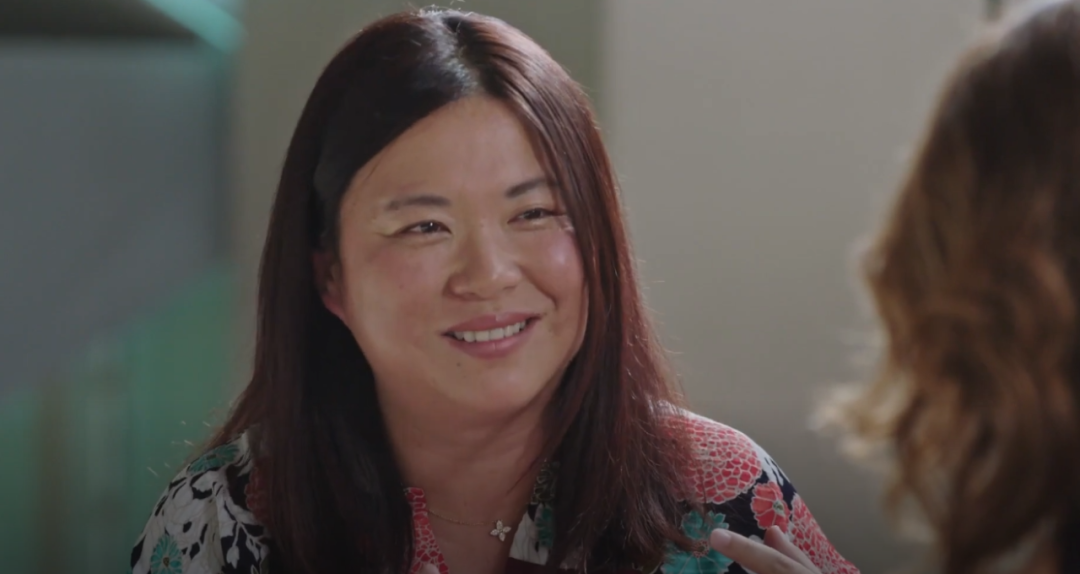
Talking about young immigrants, Royal said, "To make themselves more 'fit in,' these young people choose to actively ignore their own culture and habits, hoping to exchange 'giving up' for 'gaining.'"
But integrating into a culture is not a transaction; it's not about losing one thing to gain another; it's about 1+1 being greater than 2. "When we come to a new social and cultural environment, we must face many different things that need to be understood and learned. In the process of adapting to this new culture, we should also proudly believe that our own culture is injecting new vitality into this new culture, bringing new values."
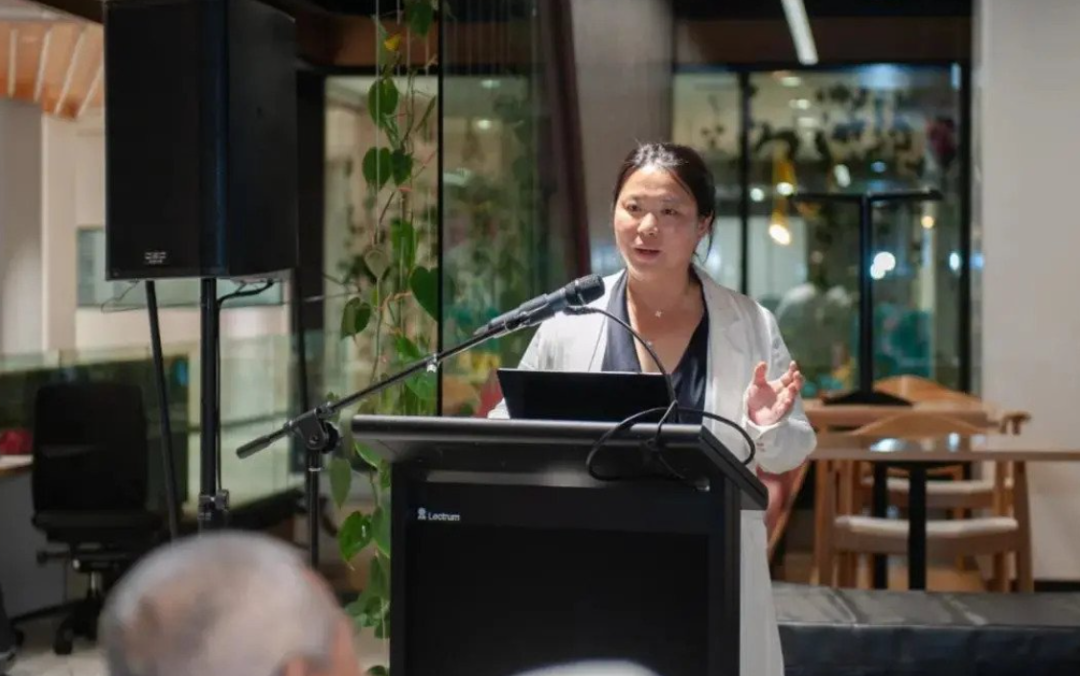
At the same time, Royal also used her experience to tell everyone, especially young immigrants, that they need to be mentally prepared. Coming to a new country and culture means that every step of your effort, every climb, needs more effort than others to prove yourself.
From the Hearts of Chinese New Zealanders: We Also Want to Contribute
When asked by the gallery director, given the busy work and life, why join the Auckland Art Gallery's advisory committee, Royal said, "Many times, mainstream society thinks that foreign immigrants only take, but this is not correct. Many Chinese have brought a lot of funds and talents to New Zealand through immigration, making significant contributions to the construction of this country."
However, changing the fixed mindset of mainstream society is not easy. This requires more Chinese people to prove that they also want to give, want to contribute. "So if my friends or clients have opportunities to do charity, I would strongly encourage them to do so. Because this is an opportunity to give, an opportunity to contribute. We're not here to take; we're here to give."
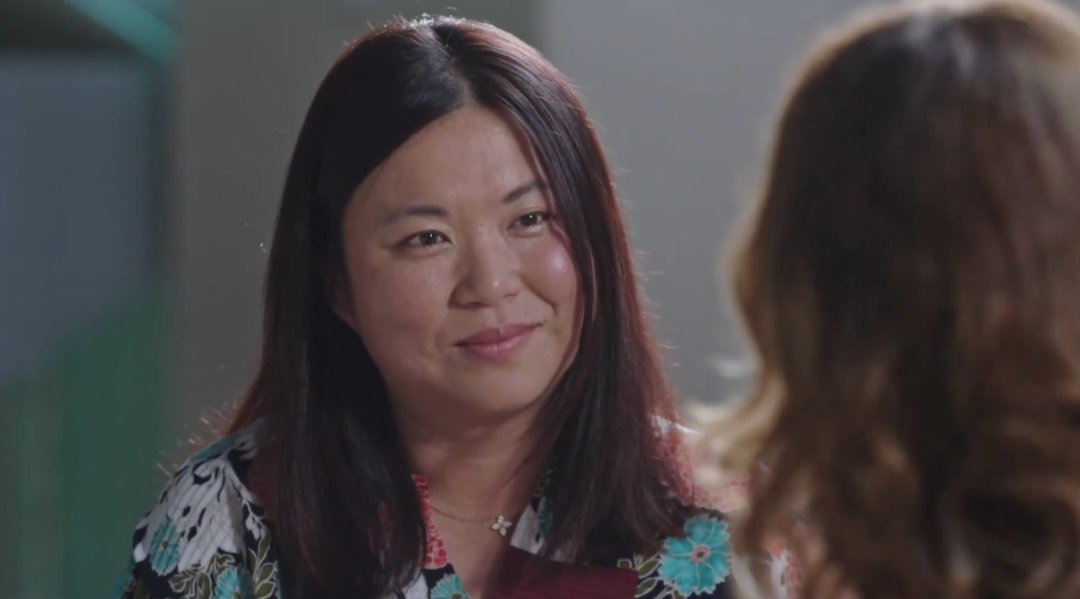
New Zealand is a very multicultural country, where every cultural individual is interconnected. This will drive the collective growth of the entire community, society, and country. You will find that, with more participation, you naturally become a part of this cultural magnet, a community of destiny. Compared to the initial sense of strangeness and misunderstanding, your contribution, the value you create, will earn you more understanding and respect, giving you more beautiful resonance and expectations for this culture.

